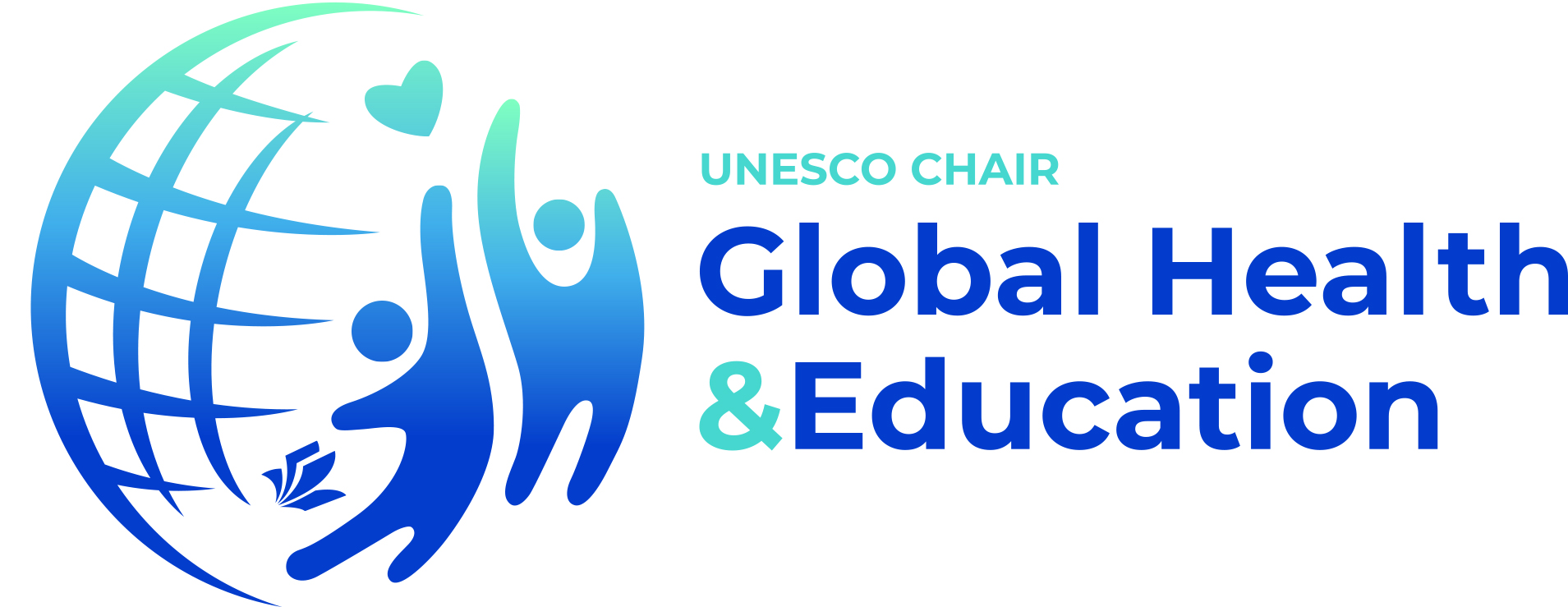A comprehensive analysis has found that each year of parental education is associated with lower risks of childhood mortality. Published in The Lancet, the study is the largest to date to examine the relationship between mothers’ and fathers’ education and child mortality on a global scale. “Parental education and inequalities in child mortality: A global systematic review and meta-analysis” was led by the Centre for Global Health Inequalities Research (CHAIN) and the Institute for Health Metrics and Evaluation (IHME).
Lower education of mothers and fathers was found to be a risk factor for mortality of children under the age of five. The meta-analysis found that each additional year of mothers’ and fathers’ schooling is linked to a reduction in under-5 mortality of 1.6% and 3.0% respectively. Over 12 years of a parent’s education, these effects accumulate to a 17.3% decreased child mortality related to paternal education and a 31% decrease linked to maternal education. To visualise these findings, a factsheet capturing the most important findings of the study was produced by CHAIN and its partner EuroHealthNet. A video was also produced by NTNU.
Education may provide a way to improve the health of future generations and promote sustainable development, based on the study’s findings. The parent-child link between health and education underscores the importance of Sustainable Development Goal (SDG) 4 to ensure inclusive and equitable quality education and promote lifelong learning opportunities for all with universal quality education across the life-course. Education is an important determinant of health. The research team calls on leaders to frame investments in education as contributors to better health for all.


